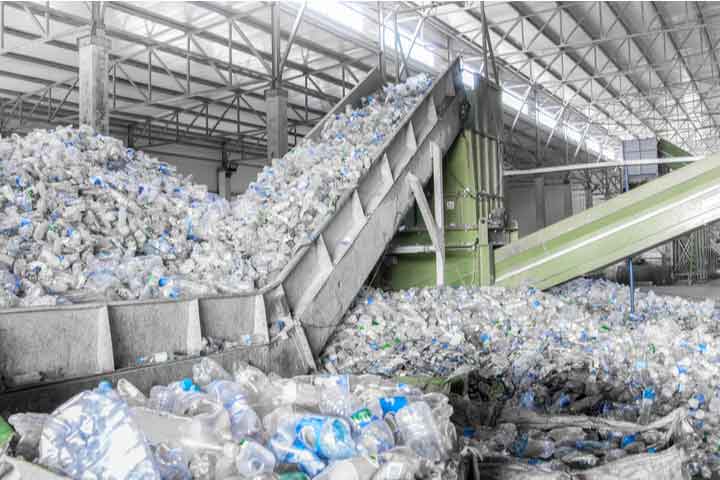In today’s world, plastics recycling has become more common than previously. However, lots of people don’t quite understand what this means to recycle and the benefits that come from using it. In this particular blog post, we shall check out not only what plastic recycling is but also the actual way it may benefit our surroundings and our enterprises.
Precisely what is Plastic Recycling?
At its central, plastic recycling is the method of taking utilized plastics, breaking them into their raw materials, and taking advantage of those resources to make new products. This removes the necessity to use new solutions (such as petrol) to generate new products. It may also help decrease land fill squander since reprocessed plastics take up significantly less space than non-reprocessed plastics.
The advantages of Plastic Recycling
recycle plastics has several pros both for businesses along with the surroundings by and large. For companies, plastic recycling might be incredibly cost-effective simply because they don’t must purchase new materials or buy disposal fees associated with non-recycled plastics. Moreover, enterprises can benefit from improved buyer customer loyalty because of their commitment to sustainability initiatives including plastic recycling. Ultimately, lowering their reliance upon conventional assets may help companies continue to be in front of market styles which are increasingly centering on enviromentally friendly obligation.
Recycling plastics also has environment advantages. The obvious the first is decreasing land fill waste by reusing existing solutions instead of developing a lot more waste through production new services from scratch. Additionally, plastic recycling lowers green house gas emissions since a lot fewer standard fuels are being burned to create new goods from uncooked resources. Finally, plastic recycling might help lessen seas pollution since recycled plastics often replace single-use items made from non-recyclable resources such as Styrofoam or polystyrene foam that might otherwise land in trash dumps or oceans all over the world.
Plastic recycling offers a great number of positive aspects for enterprises and also the environment alike—from financial savings to decreased greenhouse petrol pollutants and beach pollution—making it a significant part of any sustainability effort or company method advancing.



